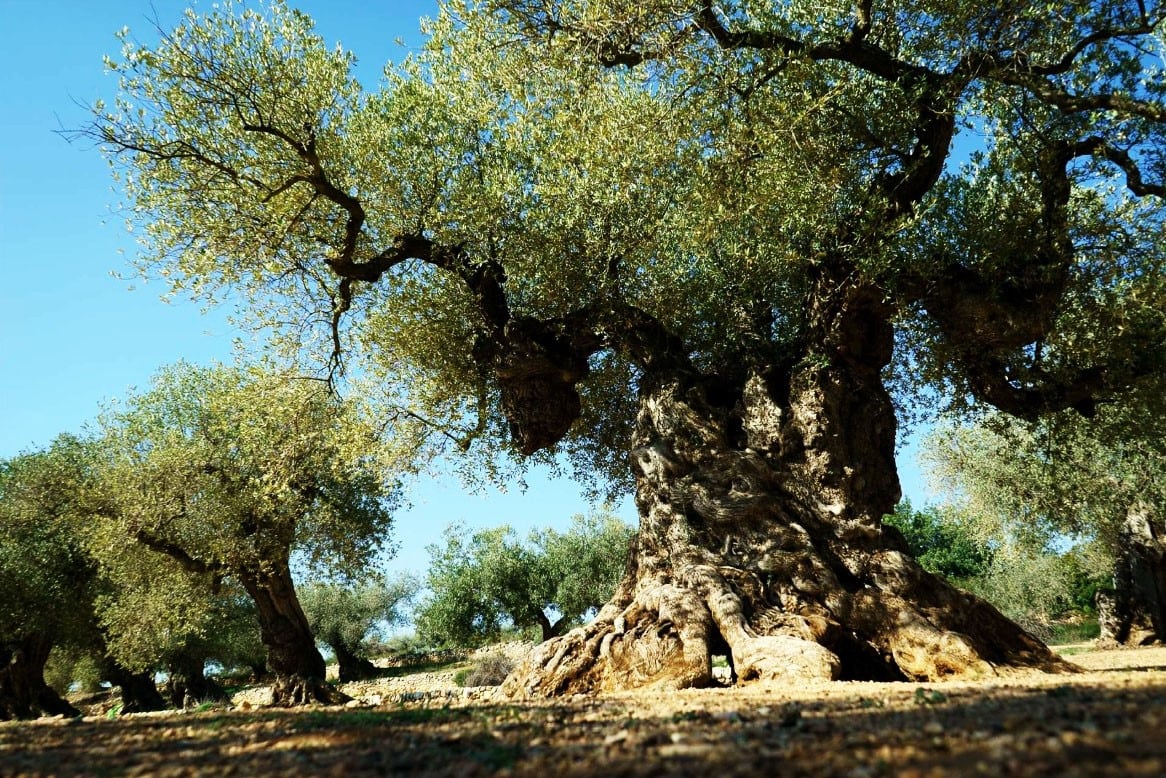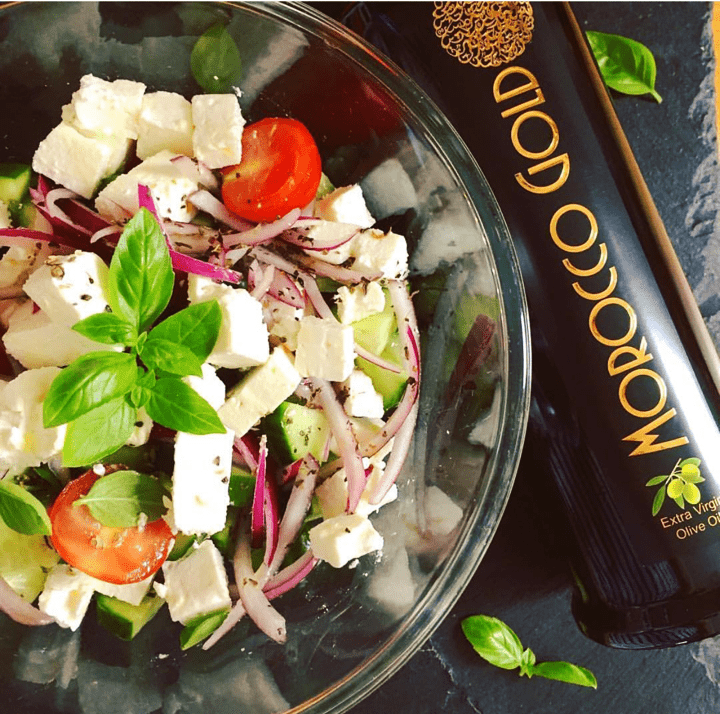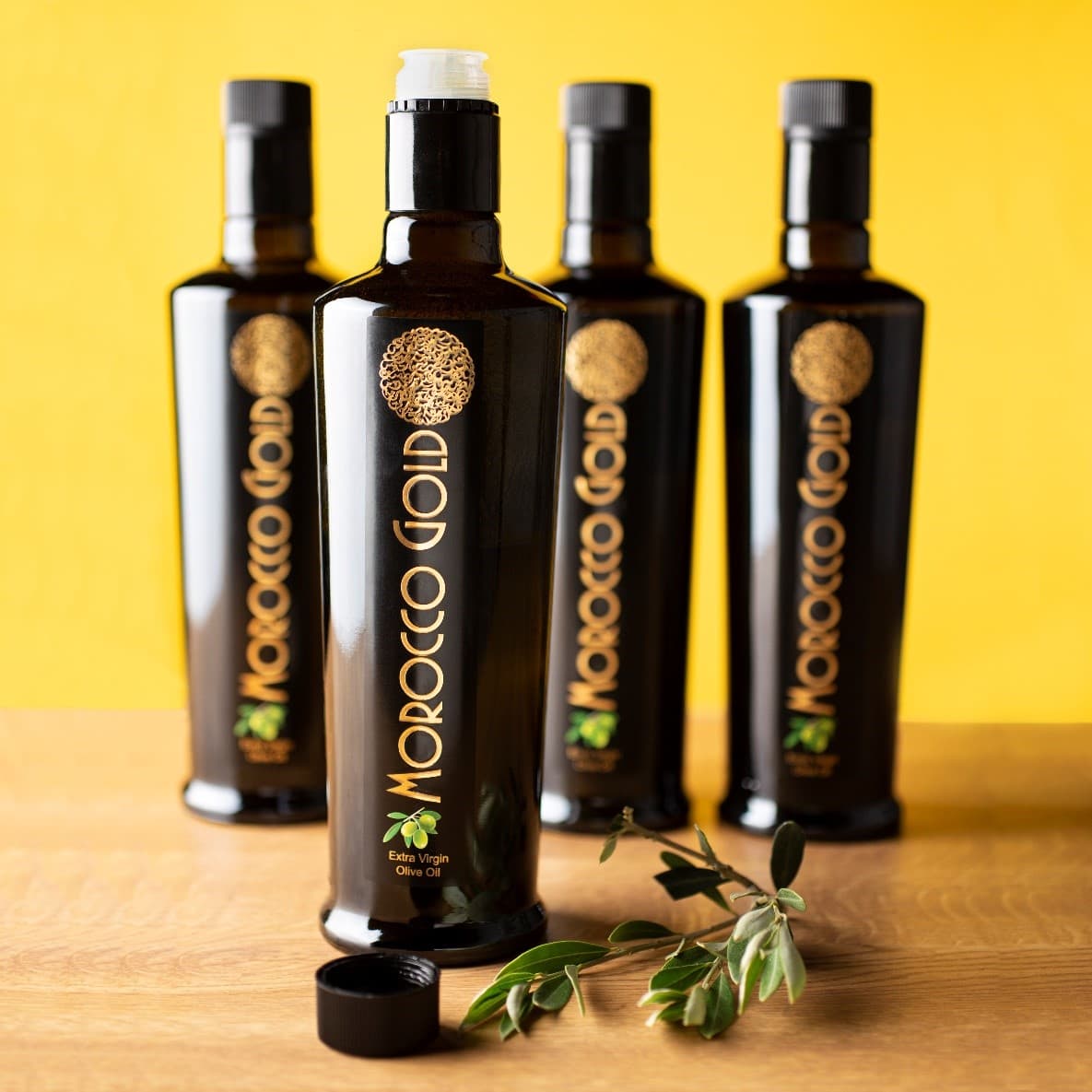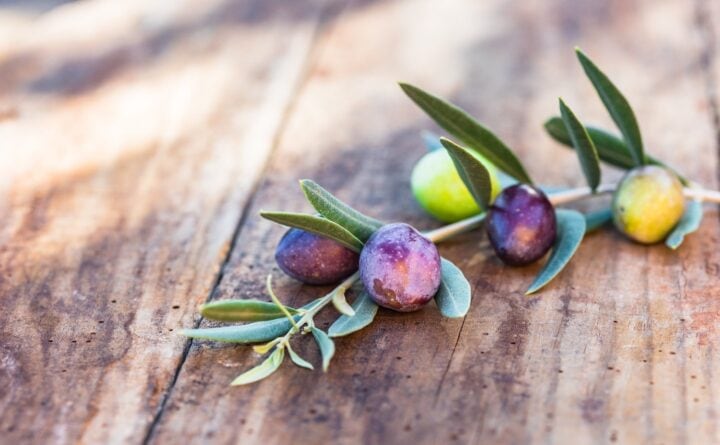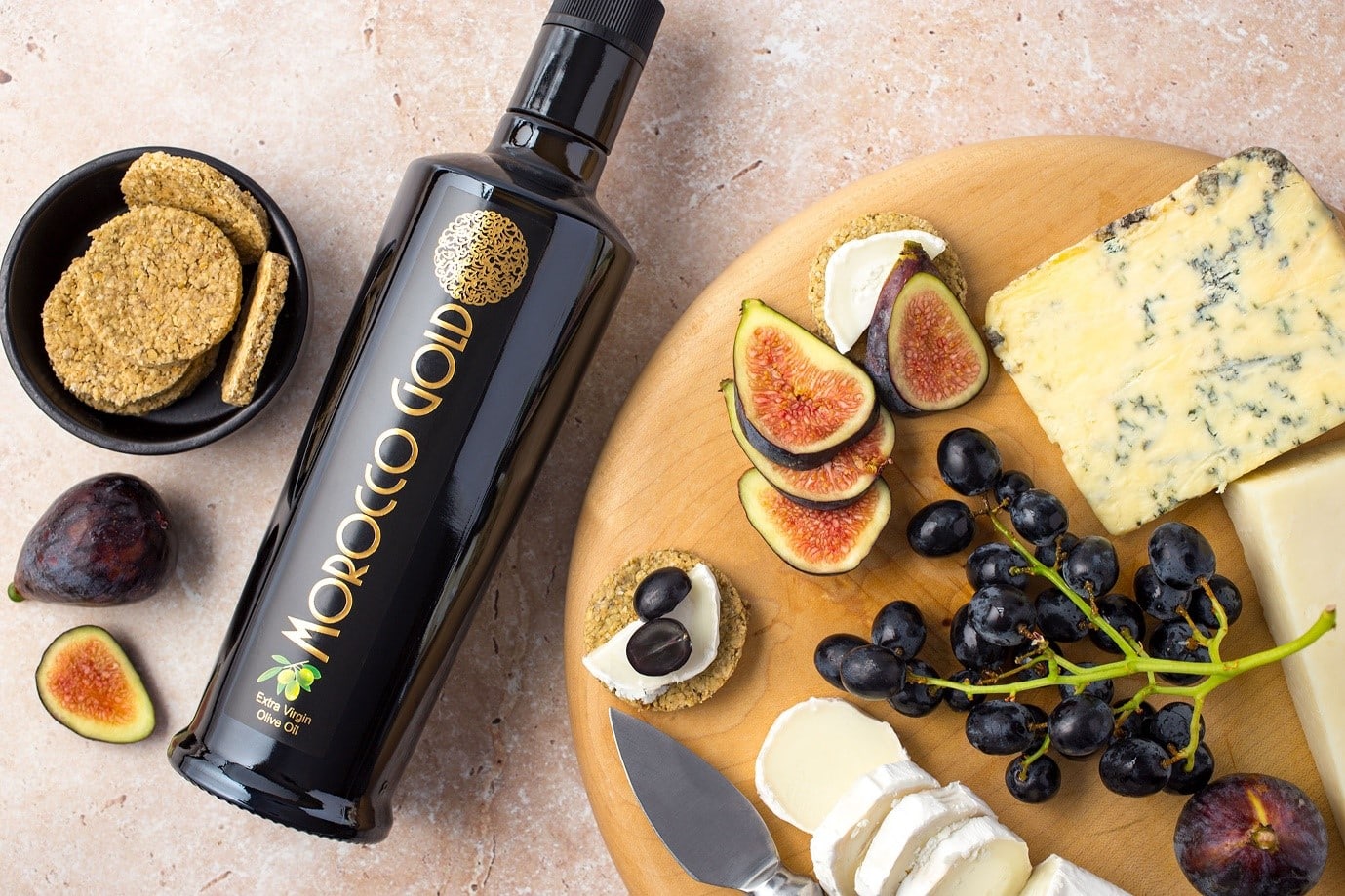Moroccan Extra Virgin Olive Oil: Where Did It All Begin?
If you’ve ever been to Morocco, or eaten Moroccan food, chances are you’ve tasted olive oil. Extra Virgin Olive Oil is a staple of the Moroccan diet, and has been for centuries. But where does this delicious oil come from, how long have the health benefits of olive oil been known and how did it become such an important part of Moroccan cuisine? Read on to learn more about the history of Moroccan olive oil.
In short: Morocco’s olive oil story stretches back over 2,000 years — combining Roman heritage, hand-harvesting traditions, and an ideal Mediterranean climate to produce some of the world’s finest extra virgin olive oils.
History of Moroccan Extra Virgin Olive Oil Production
Olive oil production in Morocco dates back to ancient Roman times, with archaeological evidence of traditional stone presses and century-old trees still in use today.
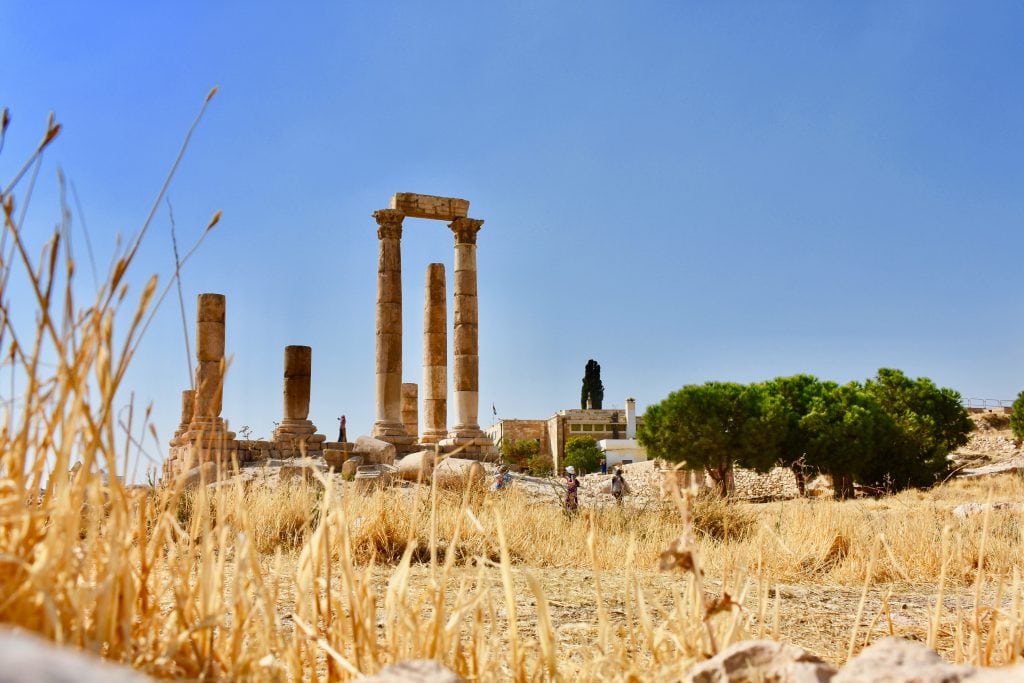
Morocco has been producing the best extra virgin olive oil for millennia, from the time of the Romans. The existence of centenary trees and traditional presses (maasras), testify to the antiquity of olive oil production. Indeed, olive oil has long been considered a noble food by the local population.
Harvesting Of Moroccan Olive Oil
According to moroccanoliveoil.com, the optimal season to harvest olives in Morocco is November to the end of December but could extend to mid-February. Optimal quality is generally achieved when all the colors of the olive are on the olive tree. Although harvesting is mainly manual, the milling is 100% mechanical and done within 6 hours to ensure an extra virgin olive oil, obtained from the first press of the olives.
Key Takeaway:
Modern Moroccan olive oil remains deeply rooted in tradition — hand-harvested, cold-pressed, and naturally rich in antioxidants.
The latest harvest of Morocco Gold is now available to purchase online here. Low acidity and health enhancing polyphenols make this year’s harvest the best extra virgin olive oil around.
Ideal Climate For Moroccan Olive Oil Production
Morocco’s Mediterranean climate, similar to Southern Spain and Italy, creates the perfect terroir for olive cultivation.
The benign climate makes Morocco a ‘Garden Of Eden’ on the doorstep of Europe and the ideal location for olive cultivation with mild winters and warm, dry summers. The soils in the main olive-growing regions are rich and deep, and generally have an equal balance of clay and coarse sands.
However, despite now being the fourth largest producer of olive in the world, (Morocco harvested an estimated 2 million tons of olives in the most recent 2018/19 harvest), the quality of Moroccan olive oil is relatively little known outside of the country.
Researchers, using industry standards, published a report on the quality and purity of Moroccan olive oil in the journal Food Chemistry. They classified 94 percent of samples tested as extra virgin olive oil and only 6 percent as virgin olive oil.
Quality Snapshot – Moroccan Olive Oil Study
| Category | % of Samples | Classification |
|---|---|---|
| Extra Virgin | 94% | Highest grade |
| Virgin | 6% | Acceptable quality |
Insight: Moroccan olive oil production already meets — and often exceeds — international quality benchmarks.
The Unique Flavour of Morocco Gold Olive Oil
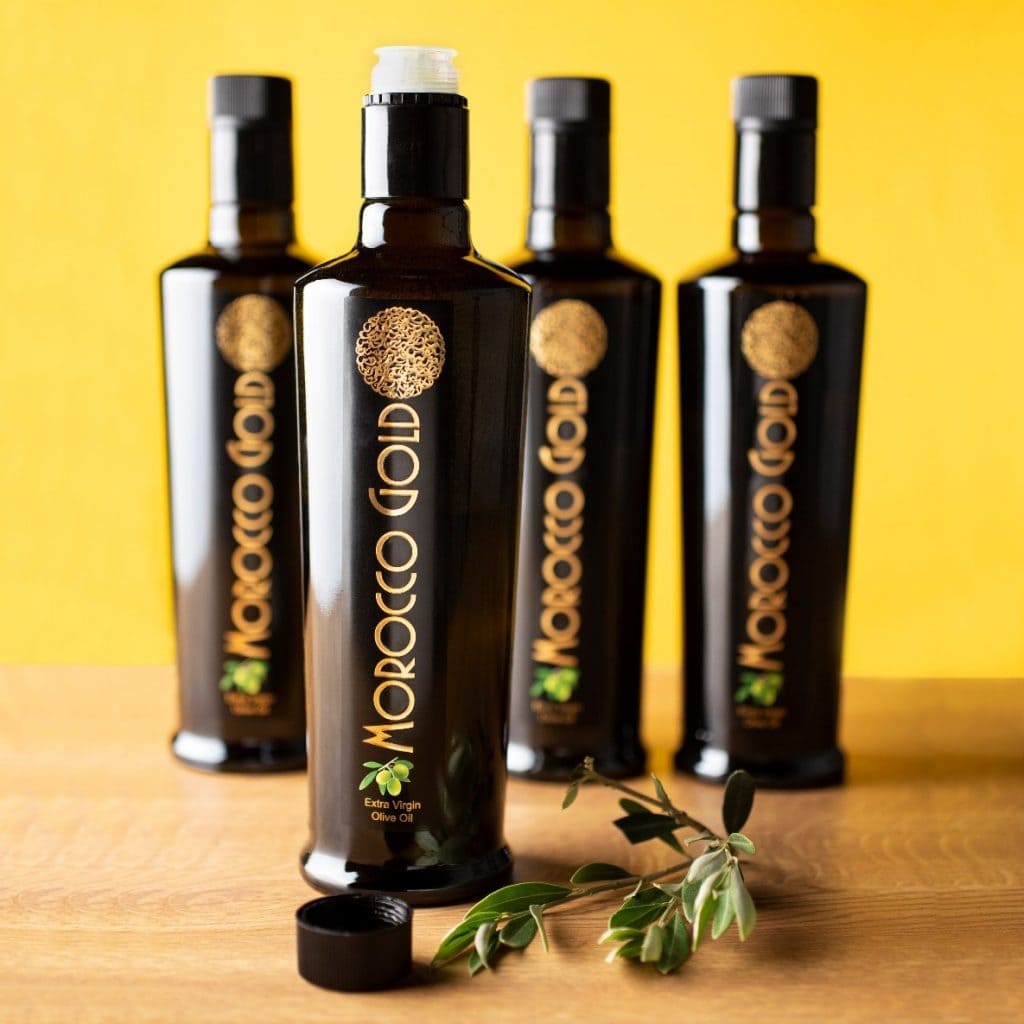
Morocco Gold extra virgin olive oil comes from groves in the foothills of the Atlas Mountains. The specific soil conditions of the Beni Mellal region, together with the mild winters and summers, caressed by hot winds from the Sahara, make ideal growing conditions for Morocco Gold olives. The presence of Oleocanthal in Morocco Gold extra virgin olive oil is responsible for the peppery/ stinging sensation at the back of your throat when you enjoy the oil. Morocco Gold is made from a single source – using the best Picholine Marocaine olives, selected early in the season, handpicked and cold pressed within 24 hours of picking. Picholine is the most common variety of olives used for oil in Morocco. It is naturally high in antioxidants and it produces very well balanced and creamy olive oil.
Morocco Gold’s distinct flavour comes from the Picholine Marocaine olive — naturally high in antioxidants and known for its peppery, herbaceous taste.
In order to achieve Morocco Gold’s unique flavour, no mixing or blending with other oils takes place to ensure genuine extra virgin olive oil quality. The end result is a ‘liquid gold’: an incredibly rare, extra virgin olive oil of exceptional quality, extraordinary health benefits and a taste like none other.
Nurtured with love for generations, using only traditional, natural methods, Morocco Gold retains its distinctive flavour to offer the finest sensory experience.
Key Takeaway: Single-origin, cold-pressed within 24 hours, Morocco Gold captures the true sensory and nutritional essence of Moroccan olive oil.
Women In Olive Oil Production
Women play a vital role in Morocco’s olive oil sector — from harvesting to production — supporting both economic empowerment and cultural preservation.
The agriculture sector in Morocco employs about 40 percent of the nation’s workforce, making it the largest employer in the country.
Growth in agriculture is, on average, at least twice as effective in reducing poverty as growth in other sectors and is known to reduce poverty directly by raising farm incomes, and indirectly by generating employment and reducing food prices.
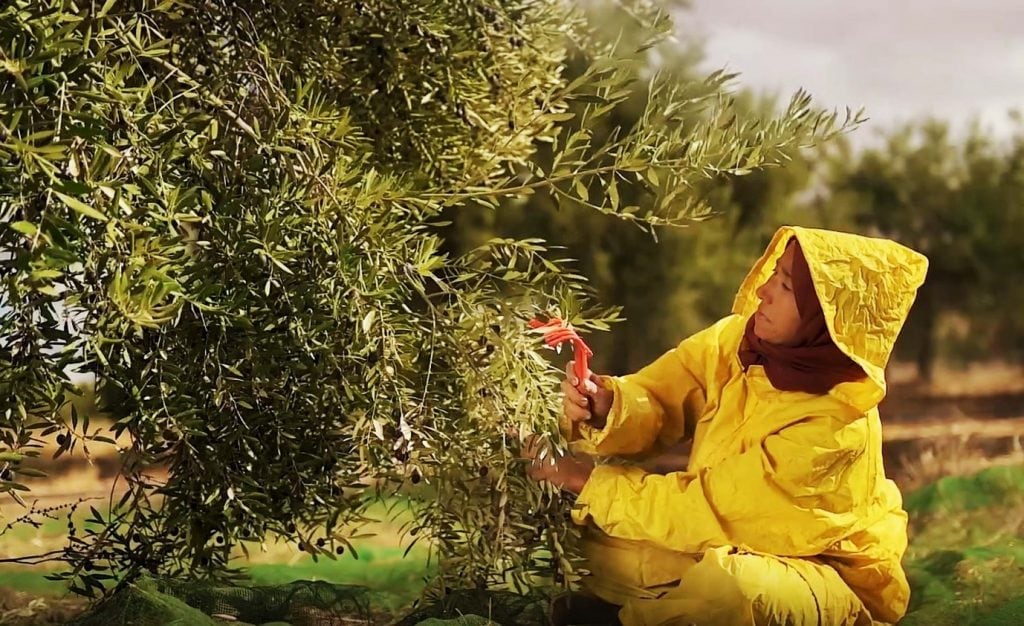
Women make up, on average, 43 percent of the agriculture labour force in developing countries, and 50 percent or more in some parts of Africa. Empowering women to participate in agricultural activity gives them greater influence over household income and expenditures, which typically helps to reduce household poverty and benefit children.
Key Takeaway: Investing in women-led olive farming strengthens Morocco’s agricultural sustainability and ensures traditional practices thrive for future generations.
Frequently Asked Questions
Over 2,000 years — with historical roots tracing back to the Roman Empire.
It’s hand-harvested, cold-pressed within hours, and rich in natural antioxidants like polyphenols and oleocanthal.
Mild winters, dry summers, and mineral-rich soils create balanced conditions for olive trees to flourish.
The Picholine Marocaine olive — known for its smooth texture, peppery taste, and antioxidant richness.
Yes, women represent up to 43% of Morocco’s agricultural workforce, contributing significantly to olive oil production.

